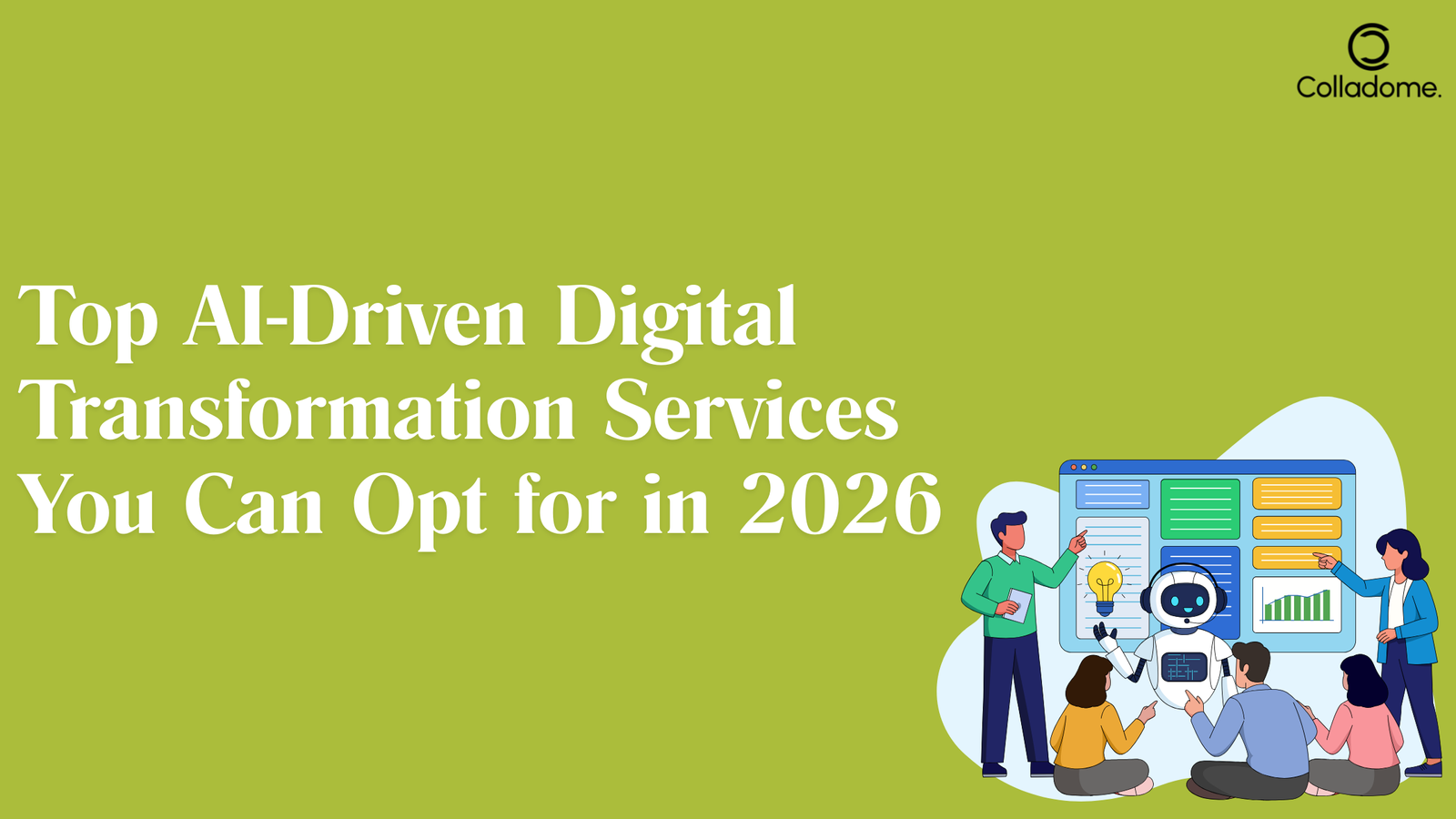In today’s rapidly evolving digital landscape, e-commerce businesses are continuously seeking innovative ways to enhance customer experiences and stay ahead of the competition. One of the most transformative strategies is the integration of artificial intelligence (AI) into digital transformation efforts. This blog delves into how AI-powered personalization is revolutionizing customer experiences in e-commerce, offering detailed insights and real-world examples.
Understanding Digital Transformation
Digital transformation involves the comprehensive integration of digital technologies into all aspects of a business. It fundamentally changes how companies operate and deliver value to their customers. This transformation isn’t merely about adopting new technologies but also encompasses a cultural shift towards agility, experimentation, and customer-centricity.
What is a Digital Transformation Strategy?
A digital transformation strategy outlines a structured approach to leveraging digital technologies to drive business growth and enhance customer experiences. This strategy often includes:
- Modernizing IT infrastructure: Upgrading legacy systems to more agile and scalable cloud-based solutions.
- Implementing data analytics: Utilizing big data to gain actionable insights.
- Fostering innovation: Encouraging a culture of continuous improvement and experimentation.
- Enhancing customer engagement: Using digital tools to better understand and meet customer needs.
The Role of AI in Digital Transformation
AI is a cornerstone of digital transformation, offering unparalleled capabilities in data processing, pattern recognition, and decision-making. Here’s how AI is driving change in e-commerce:
AI in Digital Marketing
AI revolutionizes digital marketing by enabling highly personalized and targeted marketing campaigns. For example, AI algorithms analyze customer data to predict future behavior, segment audiences, and personalize content delivery.
Example: Amazon’s recommendation engine uses AI to analyze customers’ past purchases, search history, and even browsing patterns to suggest products. This personalized approach not only enhances the shopping experience but also significantly boosts sales.
AI for Business Transformation
AI enhances business operations by automating routine tasks, optimizing supply chains, and improving customer service.
Example: Zara, the global fashion retailer, uses AI to manage its supply chain efficiently. AI algorithms predict fashion trends and customer demand, ensuring the right products are available at the right time, reducing overstock and stockouts.
Advantages of Using AI in Digital Transformation
Integrating AI into digital transformation strategies offers several significant benefits:
- Personalization at Scale: AI can analyze vast amounts of customer data to provide highly personalized experiences, enhancing customer satisfaction and loyalty.
- Efficiency and Automation: AI automates repetitive and time-consuming tasks, reducing errors and freeing up human resources for more strategic roles.
- Enhanced Decision-Making: AI provides deep insights through advanced data analytics, enabling businesses to make more informed and timely decisions.
- Improved Customer Experience: AI-powered tools like chatbots and virtual assistants offer instant, personalized support, improving overall customer engagement.
AI-Powered Personalization in E-commerce
In the competitive world of e-commerce, personalization is key to attracting and retaining customers. AI helps achieve this by analyzing user behavior and preferences to offer tailored product recommendations, content, and promotions.
Case Study: Bing AI Chatbot
The Bing AI chatbot exemplifies AI-powered personalization in action. Using natural language processing (NLP), the chatbot understands and responds to customer queries in real-time, providing personalized assistance and recommendations.
Example: Suppose a customer is looking for a new laptop. The Bing AI chatbot can ask specific questions about the customer’s preferences (e.g., preferred brand, usage, budget) and provide a curated list of recommendations. This not only speeds up the decision-making process but also enhances the shopping experience by making it more interactive and personalized.
Advanced Personalization Techniques
AI-driven personalization goes beyond simple product recommendations. Here are some advanced techniques:
- Dynamic Pricing: AI algorithms adjust prices in real-time based on demand, customer behavior, and competitor pricing, maximizing sales and profits.
- Predictive Analytics: AI predicts future customer behaviors, such as the likelihood of a purchase or churn, allowing businesses to proactively engage customers.
- Sentiment Analysis: AI analyzes customer reviews and social media posts to gauge sentiment and tailor marketing strategies accordingly.
Future of Digital Transformation with AI
The future of digital transformation is increasingly intertwined with AI advancements. Here are some emerging trends:
- AI-Driven Personal Assistants: These assistants will become more sophisticated, offering not just customer support but also proactive recommendations and assistance.
- Enhanced Visual Search: AI will improve visual search capabilities, allowing customers to upload images and find similar products effortlessly.
- Voice Commerce: With advancements in voice recognition, more consumers will use voice commands to search for and purchase products, making shopping more convenient.
Innovative Digital Transformation Ideas
To stay ahead, companies should explore innovative digital transformation ideas such as:
- AI-Driven Analytics: Using AI to gain deeper insights from big data, enabling more precise targeting and better product development.
- Smart Warehousing: Implementing AI for inventory management and logistics to streamline operations and reduce costs.
- Augmented Reality (AR) Shopping: Combining AR with AI to create immersive shopping experiences that allow customers to visualize products in their environment before purchasing.
Conclusion
AI-powered personalization is transforming customer experiences in e-commerce, driving significant improvements in customer satisfaction and business performance. By integrating AI into their digital transformation strategies, businesses can offer personalized experiences, improve operational efficiency, and make data-driven decisions.
As AI technology continues to evolve, its role in digital transformation will only grow, providing even more opportunities for innovation and growth. Embrace the future of digital transformation with AI, and unlock new levels of customer engagement and business success in your e-commerce venture.











4 Responses
Thank you for your sharing. I am worried that I lack creative ideas. It is your article that makes me full of hope. Thank you. But, I have a question, can you help me?
Thank you for your sharing. I am worried that I lack creative ideas. It is your article that makes me full of hope. Thank you. But, I have a question, can you help me? https://www.binance.info/ka-GE/register?ref=RQUR4BEO
Your point of view caught my eye and was very interesting. Thanks. I have a question for you.